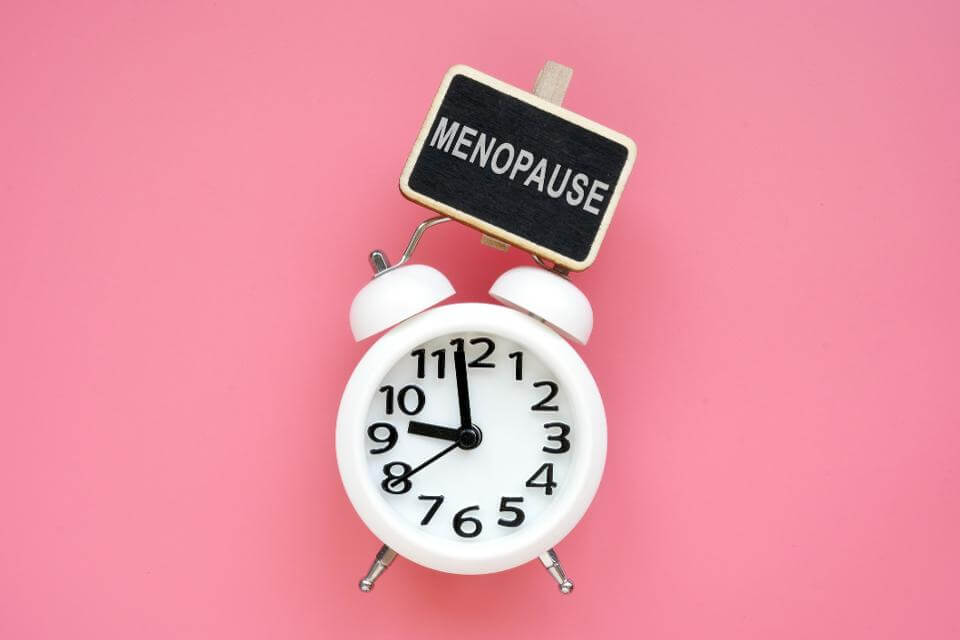Late menopause can reduce the risk of heart disease: Study
Sat 08 Feb 2025, 01:09:29

A new study has found that women who go through menopause later in life have healthier blood vessels, which eventually helps to reduce the risk of heart disease. The study was published in the American Heart Association journal Circulation Research. Women have a lesser chance of dying from a heart attack or stroke than men for most of their lives, however, the risk increases and overtakes male risk after menopause.
The study says that females who stop menstruating at age 55 or later are significantly less likely to have heart attacks and strokes in their postmenopausal years. The researchers at the University of Colorado Boulder in the US said that the findings of the new study could lead to new therapies, including dietary interventions, to reduce the risk of heart disease in women.
Sanna Darvish, a PhD candidate in the Department of Integrative Physiology at the varsity said, "Our study identifies that there’s actually a physiological benefit to late-onset of menopause and is one of the first to identify the specific mechanisms driving these benefits."
For the study, the researchers assessed the vascular health of 92 women in the US, looking specifically at a measure called brachial artery flow-mediated dilation (FMD), or how well their brachial artery – the main blood vessel in the upper arm – dilates with increased blood flow.
The team found that all the
postmenopausal women had significantly worse arterial function than their premenopausal counterparts. They further explained that when menopause hits, the age-related decline in vascular health accelerates.
postmenopausal women had significantly worse arterial function than their premenopausal counterparts. They further explained that when menopause hits, the age-related decline in vascular health accelerates.
Matthew Rossman, an assistant research professor in the Department of Integrative Physiology and senior author of the study said that the 10 per cent or so of women who experience late-onset menopause appear to be somewhat protected from this effect. The researchers found that vascular function was only 24 per cent worse in the late-onset menopause group. On the other hand, among women in the normal-onset group 51 per cent had worse vascular health.
Such differences between the groups persisted five years or more after the women went through menopause, with the late-onset group still having 44 per cent better vascular function than the normal onset group.
The study found that this health benefit in the late-onset group was related to better functioning of mitochondria which produced fewer free radicals. The circulating blood of the two groups also looked different, with the late-onset group showing “more favourable” levels of 15 different lipid or fat-related metabolites in their blood.
Rossman said, "Our data suggest that women who complete menopause at a later age have a kind of natural inherent protection from vascular dysfunction that can come from oxidative stress over time."
No Comments For This Post, Be first to write a Comment.
Most viewed from Health
AIMIM News
Latest Urdu News
Most Viewed
May 26, 2020
Do you think Canada-India relations will improve under New PM Mark Carney?
Latest Videos View All
Like Us
Home
About Us
Advertise With Us
All Polls
Epaper Archives
Privacy Policy
Contact Us
Download Etemaad App
© 2025 Etemaad Daily News, All Rights Reserved.






























